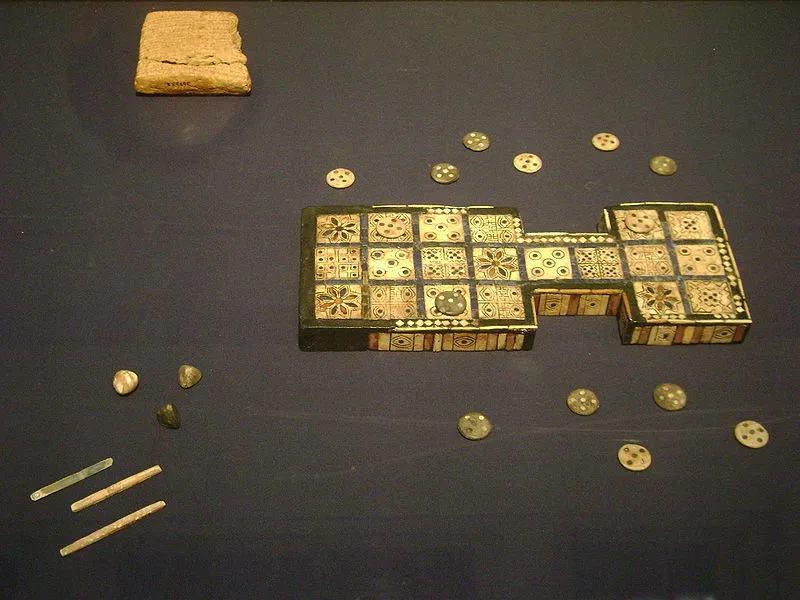Board games have been a source of entertainment and intellectual engagement for millennia, offering insights into the cultures and daily lives of ancient civilizations. Games such as Senet, Go, and the Royal Game of Ur were more than mere pastimes—they held cultural, religious, and even strategic significance.
Senet: Egypt’s Game of Passage
One of the oldest known board games, Senet dates back to around 3100 BCE in ancient Egypt. Played on a grid of 30 squares, it was believed to symbolize the journey of the soul through the afterlife. Archaeological discoveries of Senet boards in tombs suggest it held deep religious meaning, possibly serving as a ritualistic tool for ensuring safe passage into eternity.
The Royal Game of Ur: Mesopotamian Strategy
Originating in Mesopotamia around 2600 BCE, the Royal Game of Ur was a race-based strategy game played on a distinctive rectangular board. Excavated from the Royal Tombs of Ur, these boards were often elaborately decorated, indicating their importance in elite society. Cuneiform inscriptions suggest the game may have had elements of fortune-telling, adding a mystical dimension to gameplay.
Go: The Intellectual Pursuit of Ancient China
Go, developed in China over 2,500 years ago, remains one of the most enduring and complex board games in history. Played on a grid with black and white stones, Go emphasizes strategy and territory control. It was highly regarded among scholars and military leaders, reflecting the Confucian values of discipline, patience, and strategic thinking.
Cultural Significance and Social Impact
These ancient board games were not merely diversions but reflections of societal values. Whether used for religious rituals, strategic training, or intellectual refinement, they offer a window into the leisure activities of early civilizations. The discovery of game boards and playing pieces in tombs and ruins underscores their importance in both daily life and the afterlife.
Conclusion
The study of ancient board games reveals a shared human desire for challenge, strategy, and social interaction. From the sacred journey of Senet to the strategic depth of Go, these games highlight how past civilizations entertained themselves while reinforcing cultural traditions and intellectual pursuits.







